Journée européenne et mondiale contre la peine de mort 10 octobre 2020
Ce jour, à l'occasion de la Journée mondiale et européenne contre la peine de mort, l'Union européenne et le Conseil de l'Europe réaffirment leur opposition au recours à la peine capitale en toutes circonstances et appellent à l'abolition universelle de la peine de mort. Nous nous réjouissons que le recours à la peine de mort continue de reculer, ce qui confirme la tendance globale vers l'abolition universelle. En 2019, pour la deuxième année consécutive, seuls vingt pays ont procédé à des exécutions. Il s'agit du niveau le plus bas jamais enregistré, mais ce sont toutefois vingt pays de trop. Nous saisissons donc cette occasion pour appeler tous les membres des Nations unies à soutenir la résolution concernant un moratoire sur l'application de la peine de mort lors de la 75e session de l'Assemblée générale, qui se tiendra en décembre 2020.
 Déclaration conjointe de la Secrétaire générale du Conseil de l'Europe et du Haut représentant de l'Union européenne
Déclaration conjointe de la Secrétaire générale du Conseil de l'Europe et du Haut représentant de l'Union européenne
ITA/ DEU/RUS
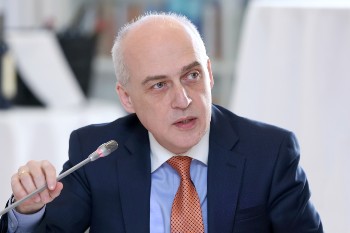
David Zalkaliani, Minster of Foreign Affairs of Georgia
“The capital punishment dehumanises the world and contributes to the development of a cycle of violence in society. I believe that the abolition process is irreversible. Georgia gladly joins other States to demonstrate our strong commitment to the universal abolition of the death penalty.”
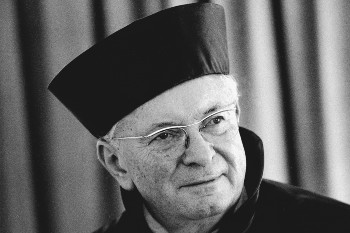
Friedrich Wilhelm Wagner, former Vice President of the German Constitutional Court and politician
“It doesn‘t get any better when the state takes a person‘s life than when the owner takes it. It is, what it was, a barbarism.”
Lyubou Kavalyova, mother of Vladislav Kavalyov, executed in Belarus in 2012
“Society didn't agree with the sentence.”
"Post Execution", video by Amnesty International (2016)
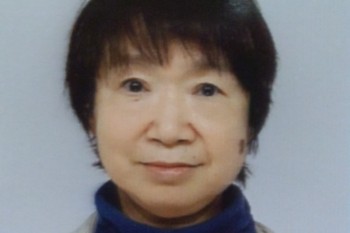
Itsuko Ajima, stepmother of Yukio Ajima, executed in Japan in 1994
“Death row prisoners are only allowed visits that secure their “emotional stability”. This actually means a state of mind in which he/ she would accept his/her death. With prisoners going out of this world quietly, the authorities avoid facing the absurdity of the death penalty. People on death row should not be denied opportunities to pursue their full personal potential through communication with other people.”
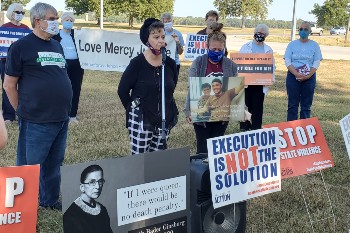
Lisa Brown, mother of Christopher Vialva, executed in the United States of America in 2020
“How can you say that my son received effective counsel during his trial when the very person appointed to represent him was pursuing employment with the opposing side while representing my son at trial? We should all be very troubled by that when the effectiveness of counsel in these death penalty cases plays a major role in determining whether a person lives or dies.”
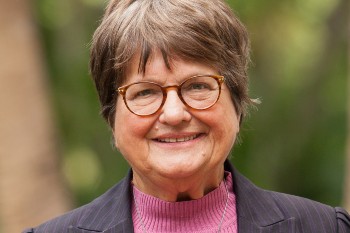
Sister Helen Prejean, Anti-death penalty activist
“Giving governments authority to kill citizens inevitably involves their biased selection of the condemned: the poor, the marginated, and those who kill citizens with social status. Mistakes in such a flawed system are inevitable. Since 1976 in the US 172 wrongly condemned prisoners have been exonerated. Make no mistake: killing conscious, imaginative human beings on a predetermined date and time is the practice of TORTURE.”
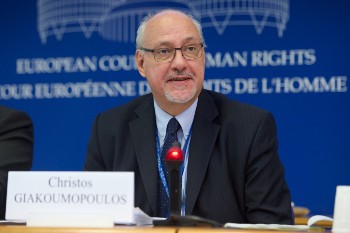
Christos Giakoumoupoulos, Directeur général des Droits de l'Homme et Etat de Droit du Conseil de l'Europe
« Imposer la peine capitale, décider qu’une personne n’est plus digne de vivre, c’est accepter qu’un être humain soit traité comme un objet. Aucune justice digne de ce nom ne peut accepter une telle approche. »
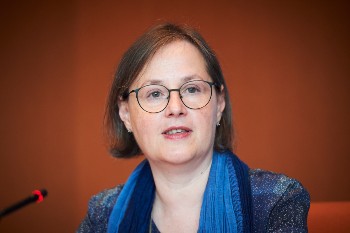
Tatiana Termacic, Head of the Coordination and international cooperation division
“Any discussion on reintroducing the death penalty is aimless. It would be contrary to international obligations and to constitutional guarantees protecting the right to life. The death penalty is a cruel and inhuman punishment, which does not contribute to a safer society. There is no place for it in Europe!”
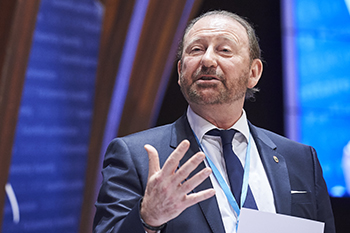
Rik Daems, President of the Parliamentary Assembly of the Council of Europe
“The Council of Europe is today a death-penalty-free area and we are resolutely committed to achieving the universal abolition of capital punishment.”







